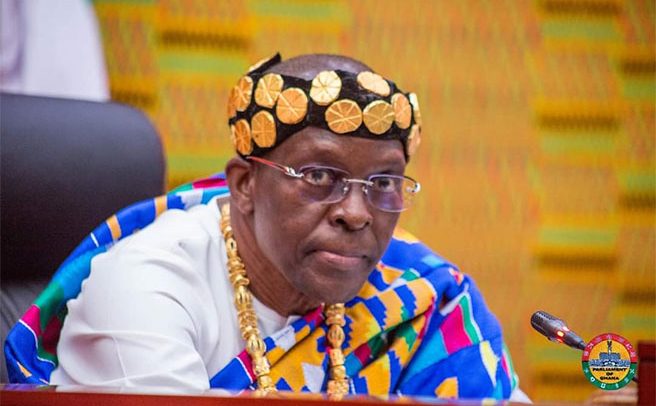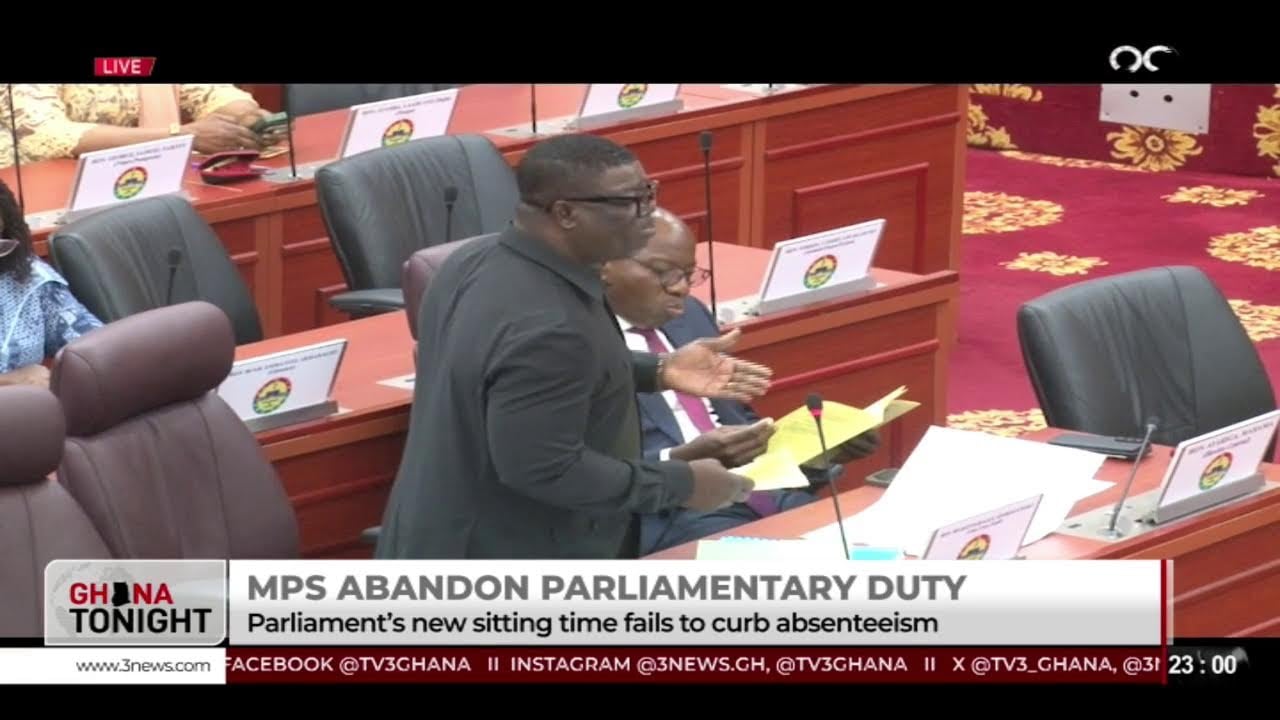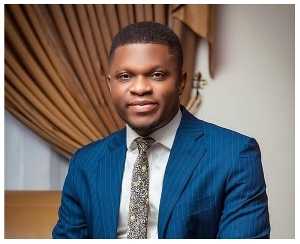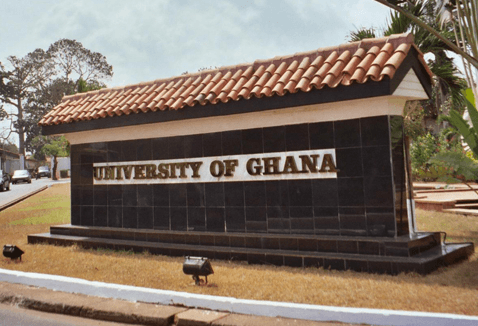
THE Speaker of Parliament, Professor Aaron Mike Oquaye, has called for a shift from the over concentration of irrelevant issues that have no bearing on the development of the country to those which will spur the growth of the country.
In his view, "a lot of the things that we discuss in the media are themselves peripheral and if you do that the policies will also not be policies of issues but policies of vituperations and that is very dangerous for the country."
Prof. Oquaye made this call in Parliament in Accra yesterday at the Speaker's breakfast meeting with the leadership of Parliament and civil society organisations.
The gathering, which is held at the beginning of every meeting of Parliament, is used to discuss the agenda for the meeting and offers a segment of the society to put before the legislative arm of government.
The meeting was used to deliberate on how best the Disability Act 2006, Act 715, could be enforced so as to give PWDs equal opportunity in national affairs.
According to the Speaker of Parliament, in other jurisdictions, media organisations put together expert panels to discuss national issues but that seems not to be the case in Ghana.
"We have virtually permanent representatives on television and radios who speak 'expertly' from archaeology to zoology and we expect to develop and grow and be a great nation?" he asked.
Prof. Oquaye said it was time the country concentrated on issues that affect the vulnerable and marginalised in society so as to ensure comprehensive development of the country.
With regards to the enforcement of the Disability Act, Prof. Oquaye said passing the law was not the panacea to the problems that affected Persons Living With Disability but its strict enforcement.
He called for close collaboration between PWDs and other relevant agencies to identify gaps in the act and address them appropriately.
A member of the Disability Council and the Coordinator of the Assistive Technology Unit of the University of Ghana, Alexander Bankole Williams, on behalf of PWDs said 12 years after the law was passed, PWDs were yet to have access to some public places as stipulated by the law.
Mr Williams said though the law made provision for equal employment opportunities for PWDs; they were still economically marginalised as educational policy makers were also yet to consider the plight of the disabled.
Putting the population of disabled people in the country at 15 per cent of the total population, Mr Williams said Ghana's statistic only captured severe disability and put the figure at 700,000 of the population which is representative of the disability community.
Disability, he said, went beyond the physical to emotional, intellectual, speech, and hearing and called for concerted national effort to holistically address issues of disability.
Read Full Story





















Facebook
Twitter
Pinterest
Instagram
Google+
YouTube
LinkedIn
RSS